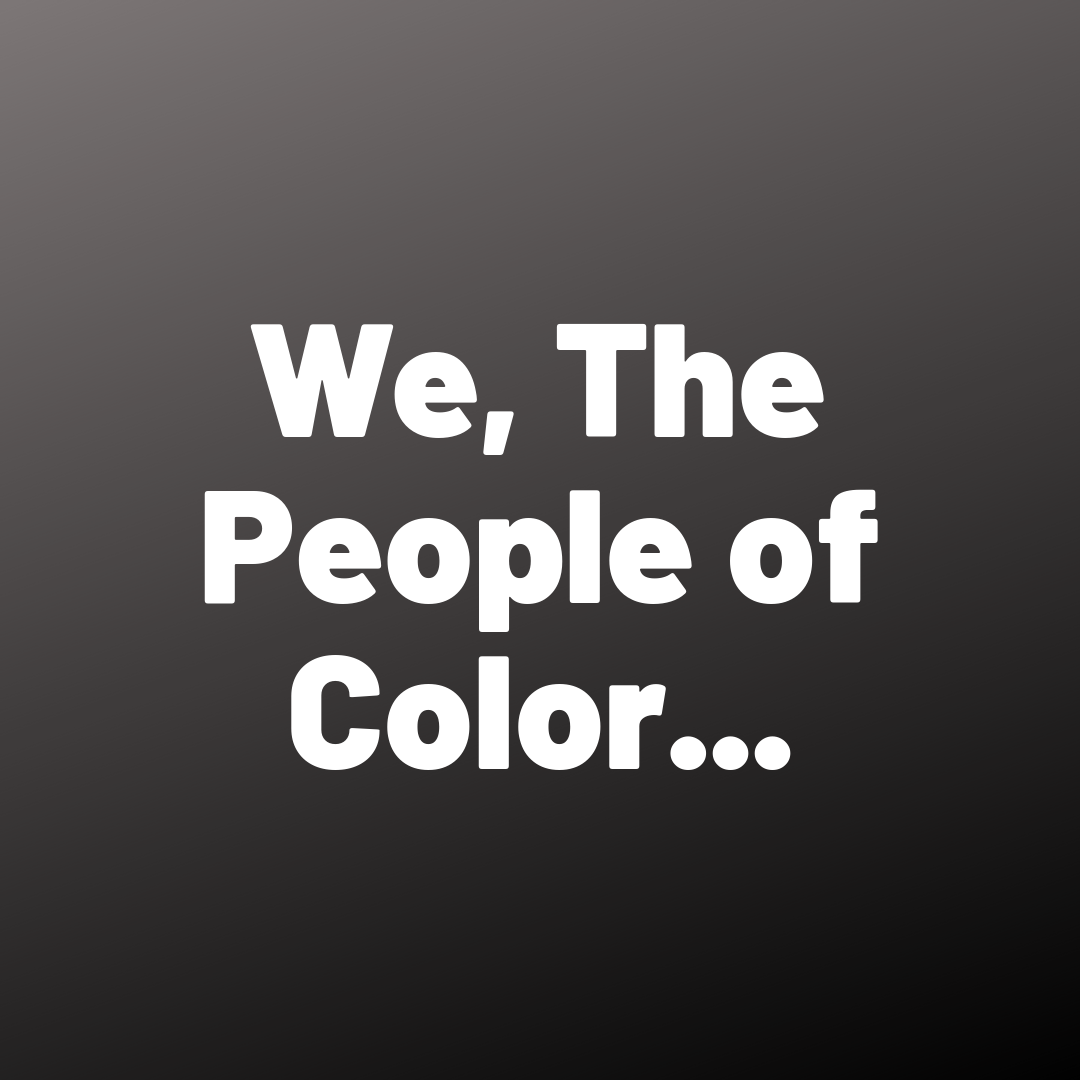
In late October of 1991 over 1000 delegates representing Black, Indigenous, Asian, Pacific Islander, and Latinx communities, religious and academic institutions, and tribal and national government from across North America gathered in Washington, DC for the First National People of Color Environmental Leadership Summit.

The three-day-long convening was an opportunity for ethnically and racially marginalized peoples of America to join together in a collective discussion on organizing, networking, and relating to each other as people of color, nongovernmental organizations (NGOs), and government. 17 principles of Environmental Justice were drafted and adopted on the last day of the convening.
Since 1991, these Principles have served as a defining and foundational document for the ever-expanding environmental justice movement and the burgeoning Climate Justice movement. Dr. Robert D. Bullard, who is considered the father of the Environmental Justice movement reflected on the importance of the creation of the principles by stating, “When the principles were signed in 1991, Dumping in Dixie was the only environmental justice book in print. Today, there are hundreds of EJ books covering a wide range of disciplines spanning the globe…The principles have provided guidance for the larger EJ Movement and played an important role in moving EJ into all 50 states and the District of Columbia. ”
In 1994, the Principles of Environmental Justice led to the development of executive order 12898 by President William Jefferson Clinton. This order was the first step in getting federal agencies to consider Environmental Justice in project planning and implementation. Under the Biden administration support for Environmental Justice has expanded leading to the creation of an Inter-Agency Council on Environmental Justice and commitment that 40 percent of funds the government spends on meeting its climate goals will flow to disadvantaged communities or programs that serve them.
For more reflections on the creation of the Principles of Environmental Justice check out this interview featuring Dr. Robert Bullard.




